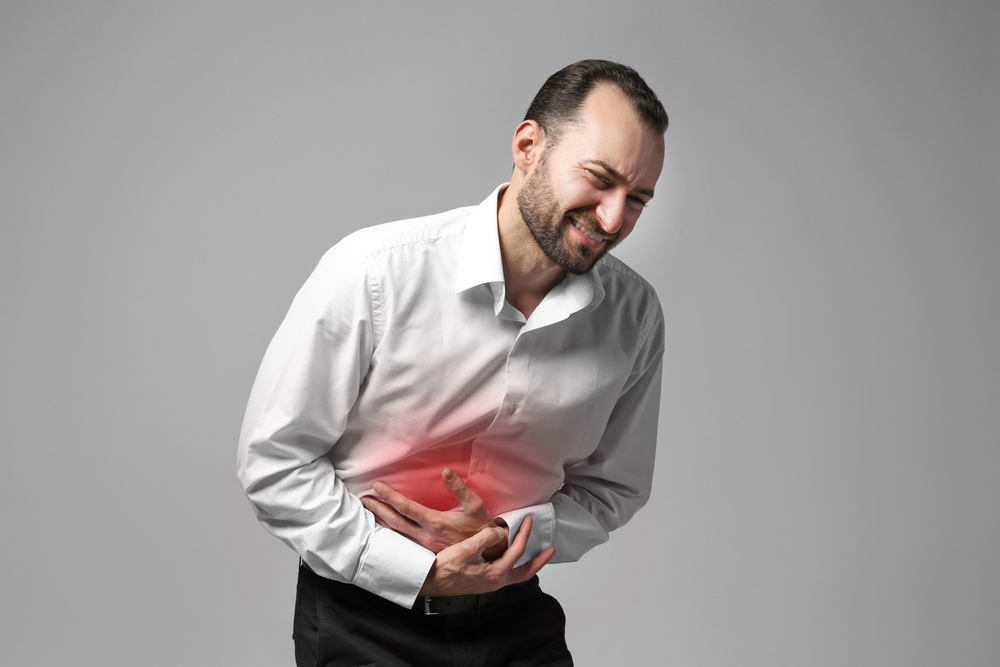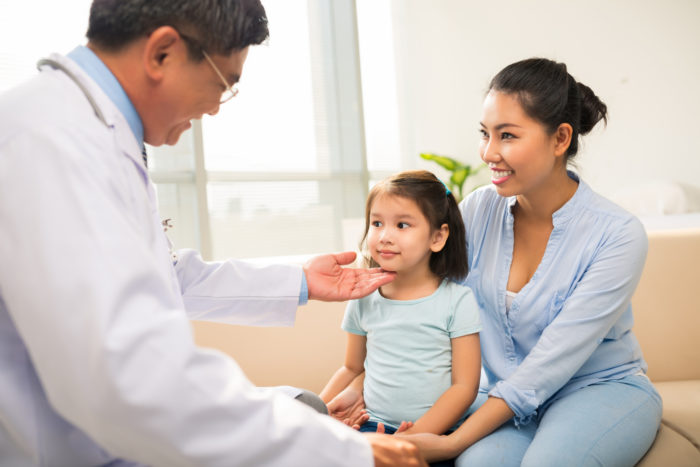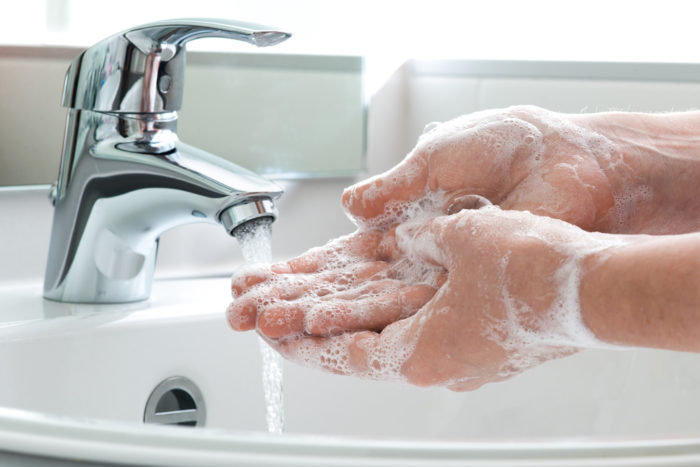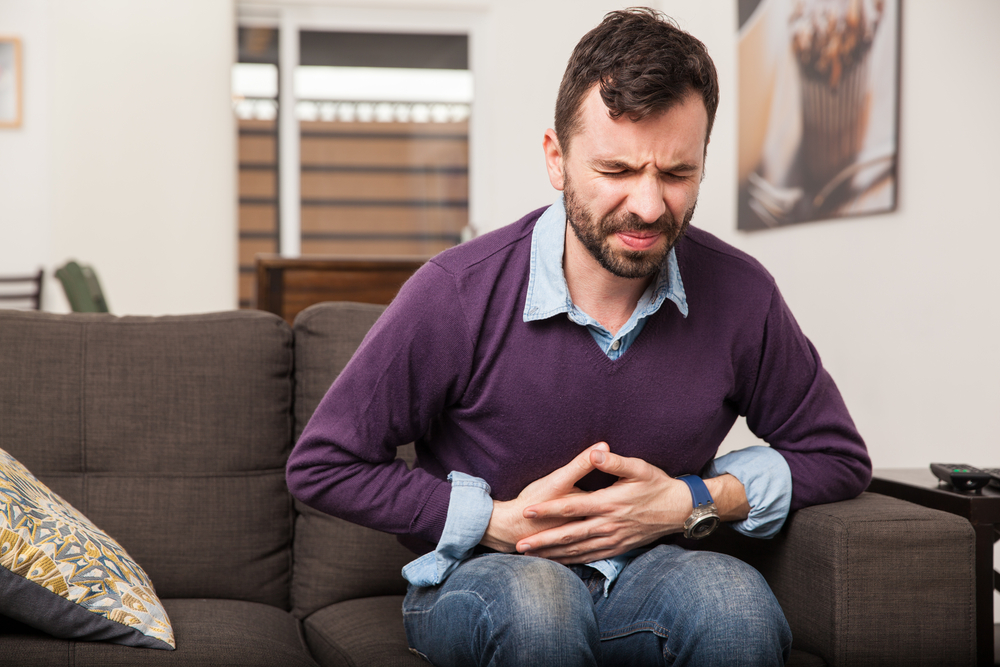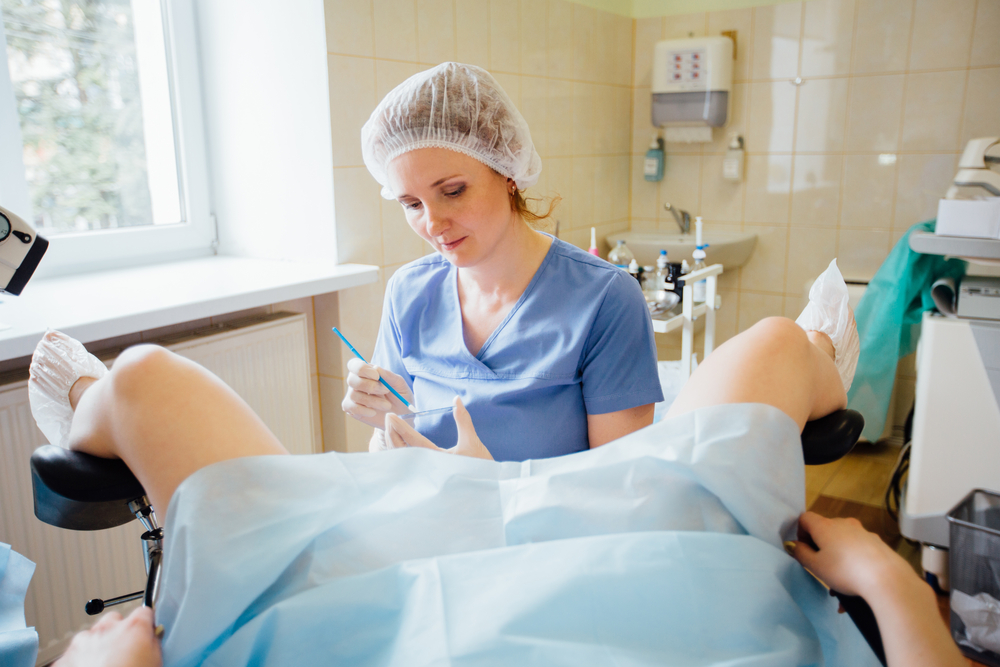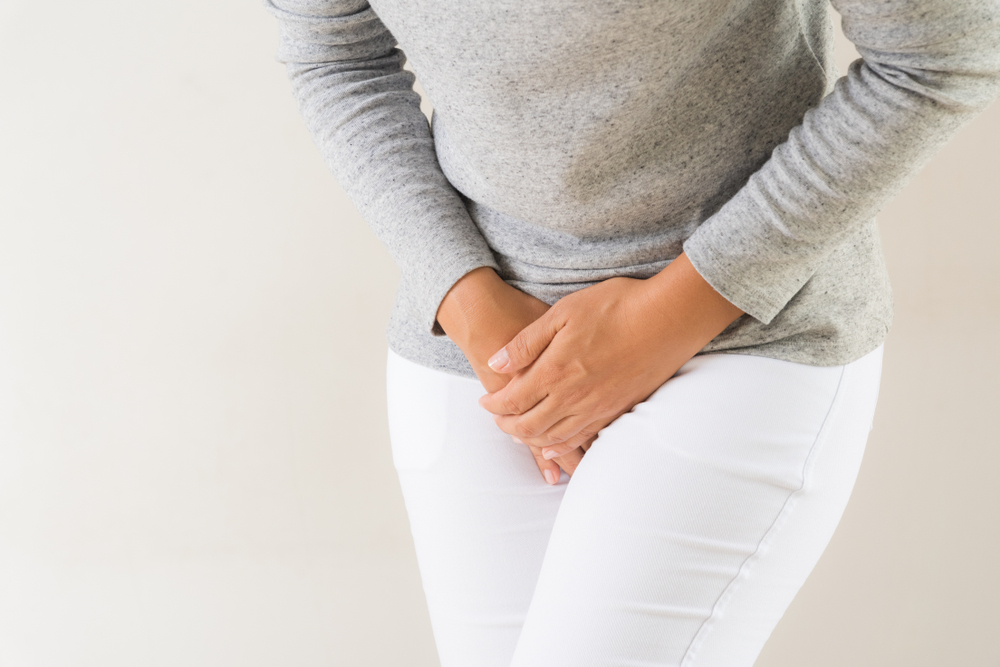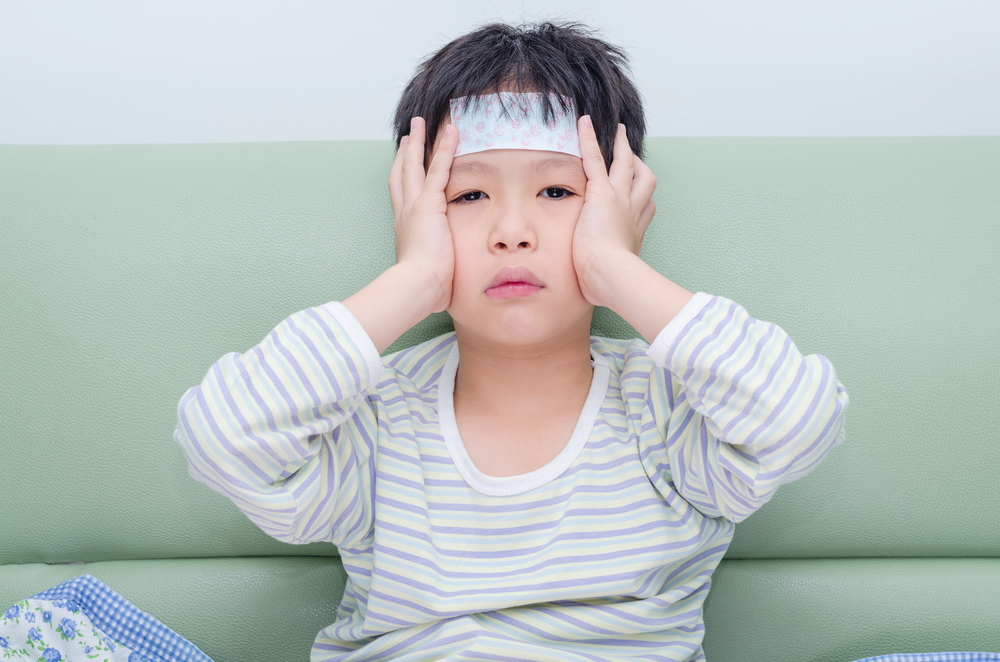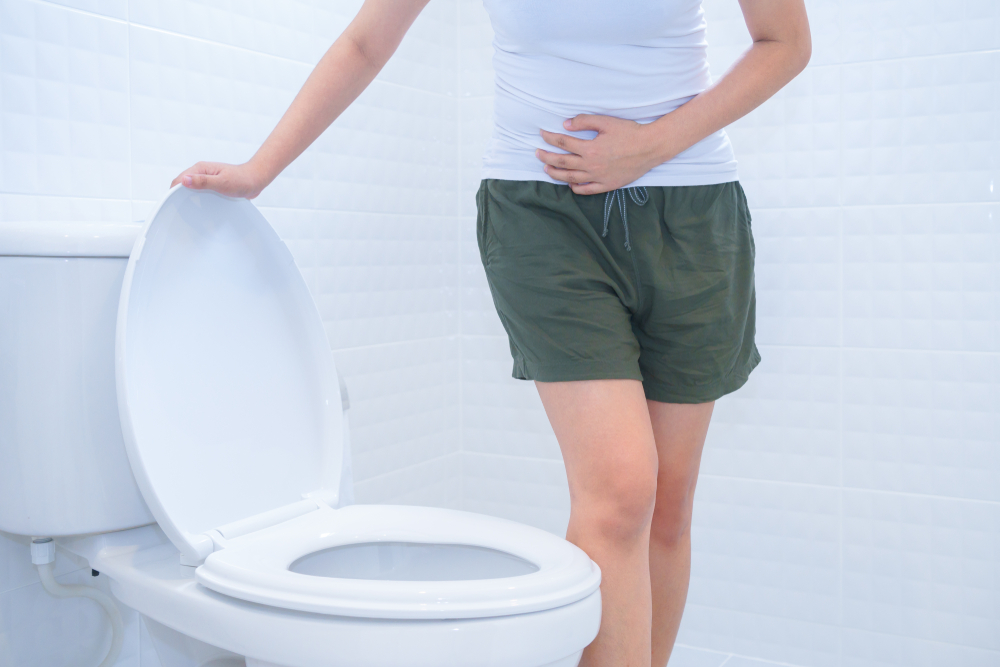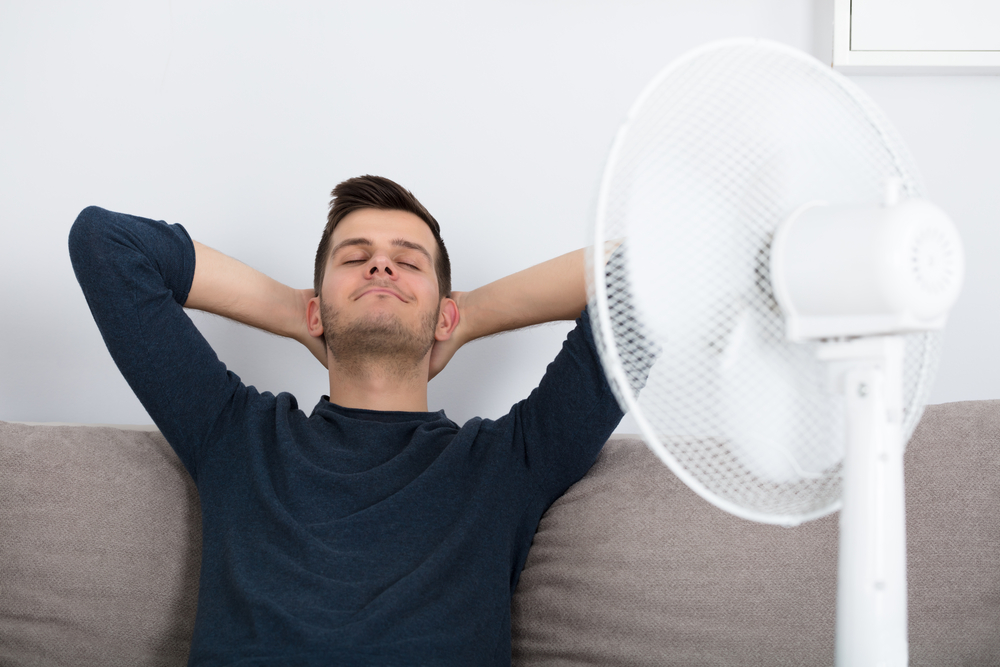Contents:
- Medical Video: What is E.Coli? What can you do to protect yourself and others?
- Various causes of Escherichia coli bacterial infections
- 1. Contaminated food
- 2. Contaminated water
- 3. People to people
- 4. Animals
- Symptoms of infection with Escherichia coli bacteria
- Risk factors for escherichia coli bacterial infection
- Treatment of escherichia coli bacterial infections
- A powerful way to prevent escherichia coli infection
Medical Video: What is E.Coli? What can you do to protect yourself and others?
Escherichia coli bacteria (or commonly abbreviated as E. coli) is one type of bacteria that usually lives in the intestines of humans and animals. Most types of E. coli bacteria are harmless and even help keep your digestive tract healthy. Even so, there are certain types of E. coli bacteria that can cause severe stomach cramps, bloody diarrhea, up to kidney failure.
Come on, find out all information about Escherichia coli bacterial infections including causes, symptoms, treatment, and how to prevent them below.
Various causes of Escherichia coli bacterial infections
Actually humans and animals have some E. coli bacteria in the intestine to help keep the digestive tract healthy. However, certain types of E. coli bacteria, especially E. coli 0157: H7, can cause intestinal infections. The bacteria that cause infection can enter your body in several ways, including:
1. Contaminated food
- Eating dairy products or foods containing mayonnaise that has been left alone for too long
- Eating foods that are not stored at the right temperature
- Eating foods that are not cooked with the right temperature or duration of time, especially meat and poultry
- Drink unpasteurized milk
- Consume raw food
- Eat fresh vegetables or fruit that has not been washed clean
2. Contaminated water
Poor sanitation can cause water to contain bacteria from human or animal feces. You can get an infection by drinking contaminated water or by swimming in it.
3. People to people
E. coli can spread when an infected person does not wash his hands after defecating. The bacteria then move when the person touches someone or something else, such as food.
4. Animals
People who make direct contact with animals, especially cows, goats and sheep, are at higher risk of being infected with E. coli bacteria. Therefore, anyone who is in direct contact with animals everyday must wash their hands thoroughly after and before the move.
Symptoms of infection with Escherichia coli bacteria
A person can show symptoms of infection within 1 to 10 days after being infected with E. coli bacteria. Once they appear, symptoms can last from a few days to more than a week.
The most typical symptoms of E. coli bacterial infections include:
- Abdominal cramps
- Suddenly experiencing severe watery diarrhea that sometimes mixes with blood
- Bloated
- Nausea
- Throws up
- Appetite decreases
- Limp, lethargic, and not powerful
- Fever
Symptoms of severe E. coli infection may include:
- Urine mixed with blood
- Rarely urinate
- Pale skin
- Bruises appear
- Experiencing symptoms of dehydration
Reports from the CDC, the disease prevention and control agency in the United States, show that around 5 to 10 percent of people infected with this bacterium can be affected hemolytic uremic syndrome. Hemolytic uremic syndrome is a condition in which red blood cells are damaged. This condition can cause kidney failure, which can be life threatening, especially for children and the elderly. Hemolytic uremic syndrome usually starts around 5 to 10 days after the symptoms of diarrhea never subside.
Immediately consult a doctor if you experience one or more of the symptoms mentioned above. The faster your symptoms are treated, the greater your chances of recovery without complications.
Risk factors for escherichia coli bacterial infection
Even though everyone can get E. coli infection, some people are more at risk of getting this infection than others. Some risk factors for this infection include:
- Age. Elderly and children are more likely to experience serious complications from E. coli.
- Weak immune system. People with a weakened immune system due to certain diseases, such as cancer or HIV / AIDS, more susceptible to E. coli infection.
- Season. E. coli infections are more likely to occur during the summer than in the rainy season.
- Certain drugs. Medications used to reduce stomach acid levels can increase the risk of E. coli infection.
- Certain foods. Drinking unpasteurized milk or eating undercooked meat can increase the risk of getting infected with E. coli.
Treatment of escherichia coli bacterial infections
In many cases, the infection usually goes away on its own. However, to ensure a diagnosis of whether you are properly infected with E. coli bacteria or not is to do a laboratory test. The doctor will take a sample of your stool and test it in the laboratory for analysis.
The doctor may prescribe antibiotics to stop the growth of bacteria and relieve symptoms of diarrhea if they are still in the mild category.
Conversely, antibiotics should not be used when the patient has a fever, bloody diarrhea, or if the doctor suspects that E. coli infects your body is the producer of Shiga poison. Giving antibiotics in this condition can really increase the production of Shiga toxins and worsen your symptoms.
In general, doctors will advise patients to take a lot of rest and drink water to prevent dehydration. Do not take over-the-counter drugs to treat diarrhea arbitrarily. Avoid dairy products and foods that are high in fat or fiber because they can worsen your symptoms.
A powerful way to prevent escherichia coli infection
One of the most important things you can do to protect yourself and your family from E. coli infection is with wash your hands regularly, especially at times like:
- Before preparing food
- Before preparing bottles or food for babies or toddlers
- Before touching anything, like a pacifier, which goes into the mouth of a child.
- After using the bathroom or changing diapers
- After touching with animals, even your own pet
- After processing raw meat
In addition to hand washing, another way you can avoid escherichia coli infection is:
- Wash fruits and vegetables thoroughly
- Make sure your cookware and meals are clean
- Only consume pasteurized milk products
- Cook the meat until it's perfectly cooked
- Avoid eating raw foods too often
- Processing and storing food in a good way and the right temperature

